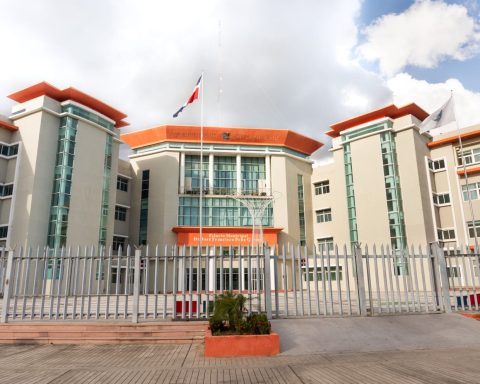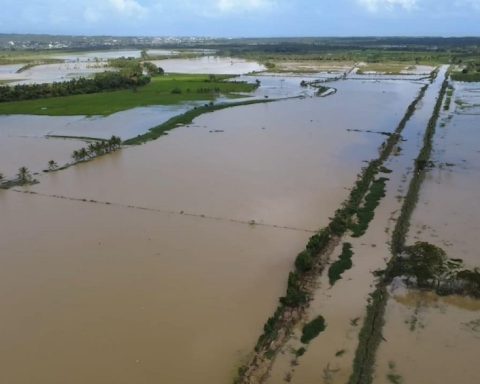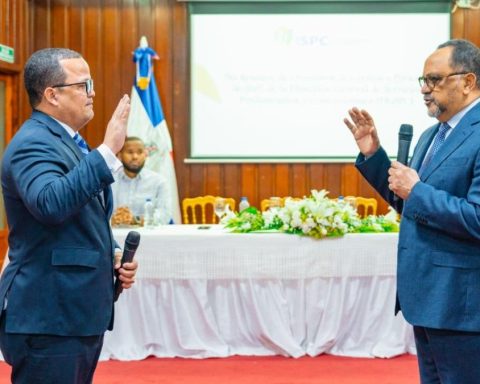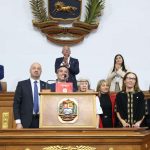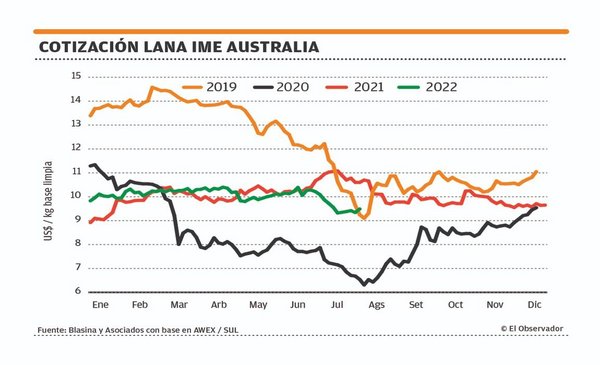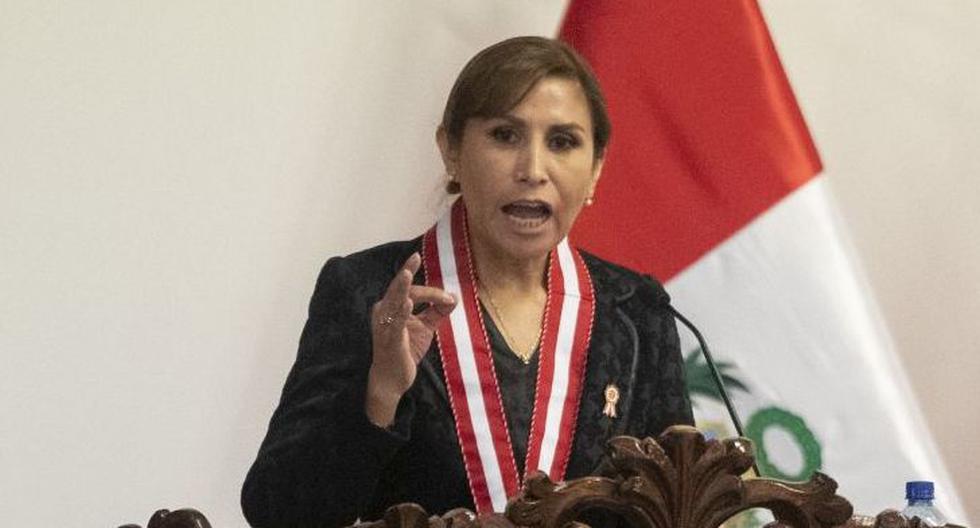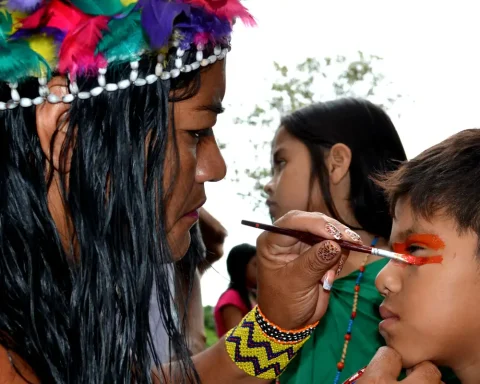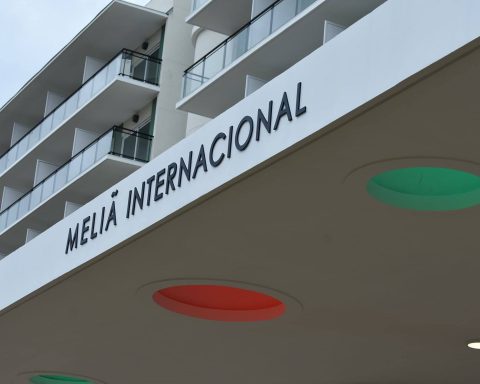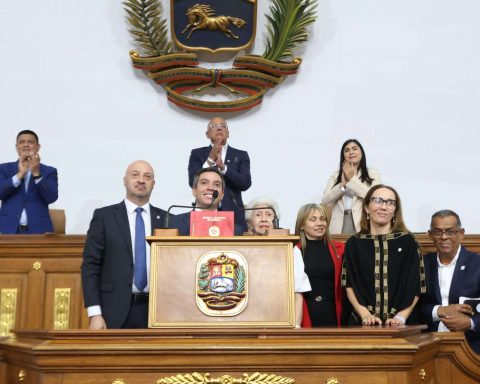The channeling of resources, specialization of government purchases and the increase in training and advice are initiatives in favor of micro, small and medium enterprises (MSMEs) implemented by the current Government in its first two years.
Similarly, at the tax level throughout the state of emergency due to the pandemic, extensions were made to the payment of fiscal commitments, to the point of delaying for a considerable period the payment of the advance to MSMEs.
In February 2021, the President of the Republic, Luis Abinaderannounced the launch of the Plan for the Reactivation of Mipymesintended for businesses with sales of up to RD$58 million, with the purpose of cushioning the burden of operating costs and mitigating the enormous economic impact of the COVID-19 pandemic that has affected this sector.
Can read: Inflation in the United States gives the economy a break by falling to 8.5%
The first program of the plan executed through Promipyme/ Solidarity Banking It benefited formal and informal MSMEs, with an amount of RD$2,500 million for new loans with fixed annual rates between 6% and 10% and with six months of capital grace.
Meanwhile, the second program is being promoted by the Agricultural Bank, the Institute for Cooperative Development and Credit (IDECOOP) and the Reservas del País Foundation, a subsidiary of the Reservas Family, which will include 650 cooperatives with microcredit programs.
While the third program is the Government Factoring Reserves, of Fiduciaria Banreservas, aimed at micro and small companies supplying the State, through which they were able to sell their pending invoices at competitive discount rates, which allowed them to continue the operation of their businesses as State suppliers that under the traditional scheme did not qualify or do not obtain favorable conditions; as announced a few weeks ago.
You may be interested in: What is the real situation of the global oil market?
Likewise, the Executive Power issued in July of this year the Decree 31-22 which instructs all public institutions in charge of food programs for poverty alleviation to acquire goods produced in the Dominican territory and related to their purpose, and that they be acquired exclusively from micro, small and medium industries.
In the current administration of the Government, training and advice have also been reinforced through the SME Centers. and in 2021 a center for Prototyping and Technology Transfers was opened, available to industrial MSMEs.
Also in March 2022, the President of the Republic ordered RD$100 million for Mipymes to join the sale of products from the basic basket at special prices, through small supermarkets and colmados.



